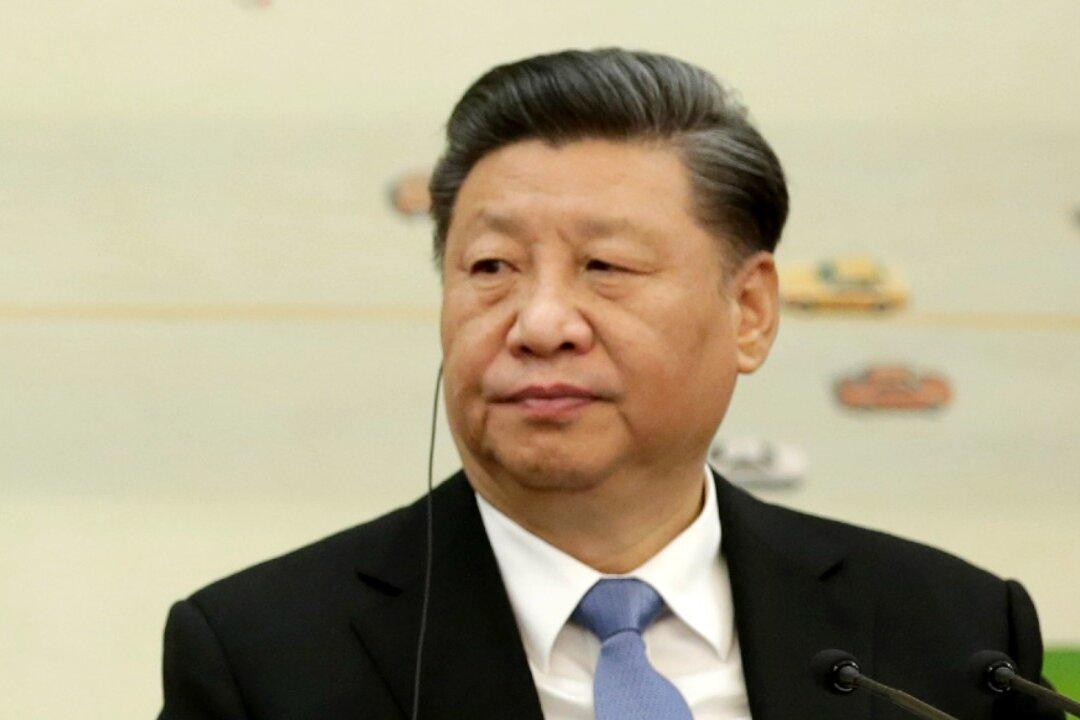The British ambassador to China has garnered a wave of criticism after she posted a photo of herself and her Chinese counterpart holding a book comprising speeches and writings of the Chinese leader Xi Jinping. The same book recently sparked controversy in Germany.
Caroline Wilson, the newly appointed British ambassador to China, met with the Chinese ambassador to Britain Liu Xiaoming before setting off to fill her new role in Beijing.





